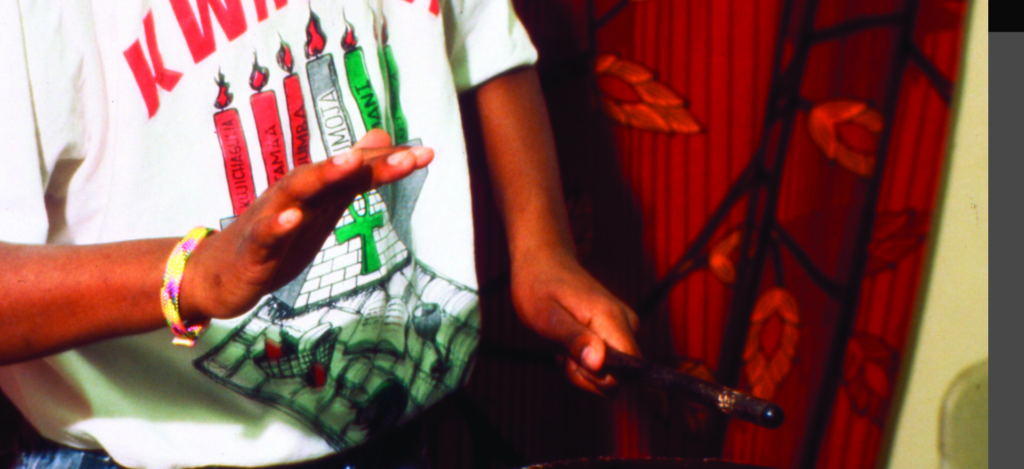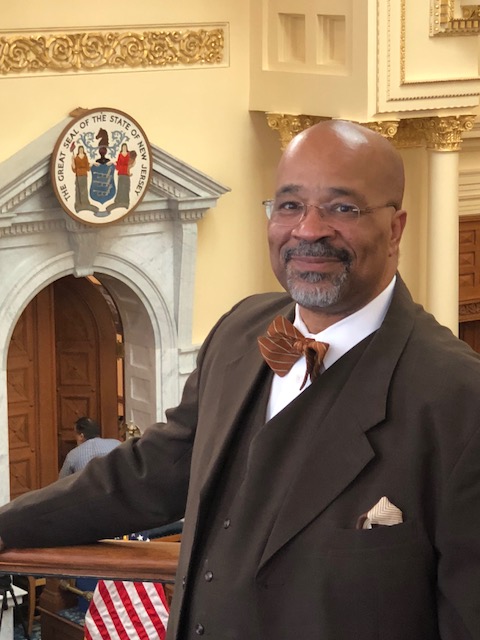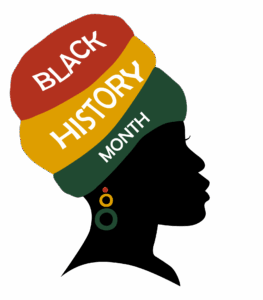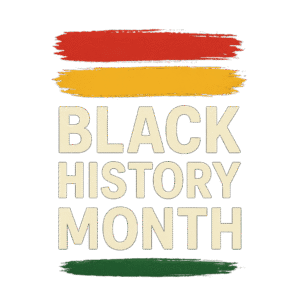Kwanzaa: Umoja – Unity

Photo by Harold Dorwin/Smithsonian Institute/Flickr.
BY DANIEL WINNER | AC JosepH Media Correspondent
ATLANTIC CITY — Habari gani?
Umoja!
The first principle of Kwanzaa is “Umoja,” which means “Unity.” This principle is “to strive to and to maintain unity in the family, community, nation, and race.”
Umoja is the foundational virtue, without which the others would not succeed. More than simply “togetherness,” Umoja is striving for harmony within our respective communities.
It is first and foremost a value that starts within the family. Kwanzaa is a celebration that emphasizes intergenerational connections and is recognized as a time for the young and the elderly to come together.
The harmony of the mother and father serves as a model example for the children, whose responsibility is to realize unity among their brothers and sisters.
It is a long-held tradition in African nations that children memorize the family tree. Such knowledge is passed down from the elders, which encourages the entire family to maintain solidarity.
African philosopher John Samuel Mbiti once wrote the proverb, “I am because we are; and since we are, therefore I am” (Latin: Ego sum quia sumus; et quia sumus, ergo sum), in an attempt to summarize the Bantu concept of “Ubuntu.”
A term that also simply means “human,” the philosophy of Ubuntu, like Umoja, affirms the inherent bond that joins all of humanity. It is a prime example of how pan-African civilizations have understood that our interactions and relationships with others affect our own lives, clarifying the importance of unity in all social spheres.
Unity can be difficult to find these days. We all live in a culture, in a nation, in a world, with people that seem increasingly more hostile to each other.
Oftentimes, this hostility is rooted in such topics as ideological affiliations, nationality, creed, and race. Instead of striving for our own selfish well-being at the expense of others — whether inside or outside our communities — Umoja reminds us of the centrality of harmony and mutuality in all our endeavors.
The first day of Kwanzaa invites us to abandon such misguided pride in these identities, and instead celebrate them with the wisdom of mutual respect and benefit. There is much power in one, but one does not have to be solitary.
Rather, it is the one-ness found in unity that gives our communities the resilience that brings us to enjoy the fruits of today. As we light the first, black candle, we highlight the African American community and the all-embracing spirit of Umoja.
EDITOR’S NOTE: Daniel Winner has a double major in Religious Studies and Japanese from Penn State University and has traveled internationally to the Far East on several occasions. His insights on Buddhism and Asian culture give a unique view of historical and modern trends. He will be serving as a contributor for Front Runner New Jersey.
Follow Us Today On:
Note from AC JosepH Media: If you like this story and others posted on Front Runner New Jersey.com, lend us a hand so we can keep producing articles like these for New Jersey and the world to see. Click on SUPPORT FRNJ and make a contribution that will go directly in making more stories like this available. Thank you for reading!




